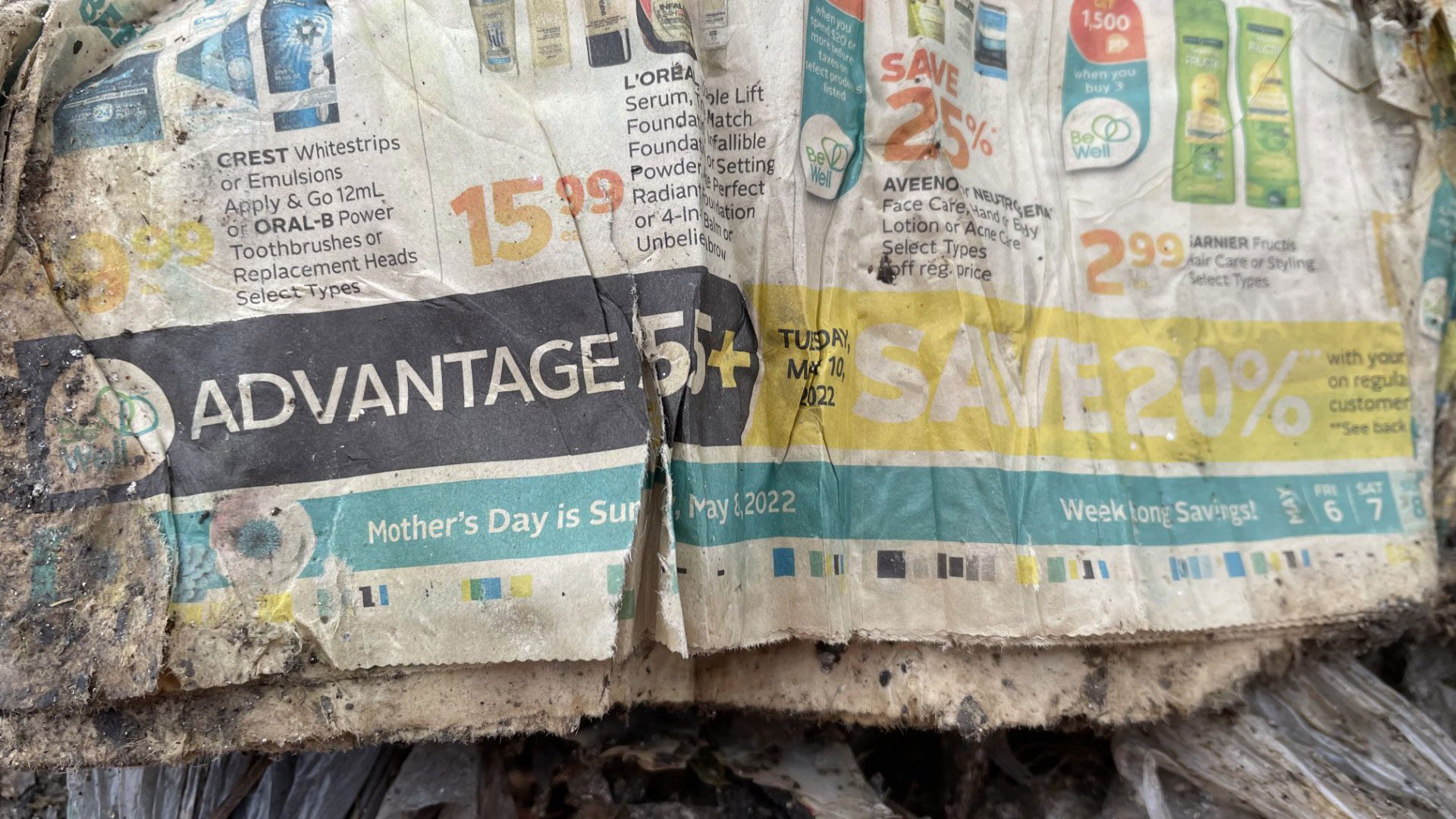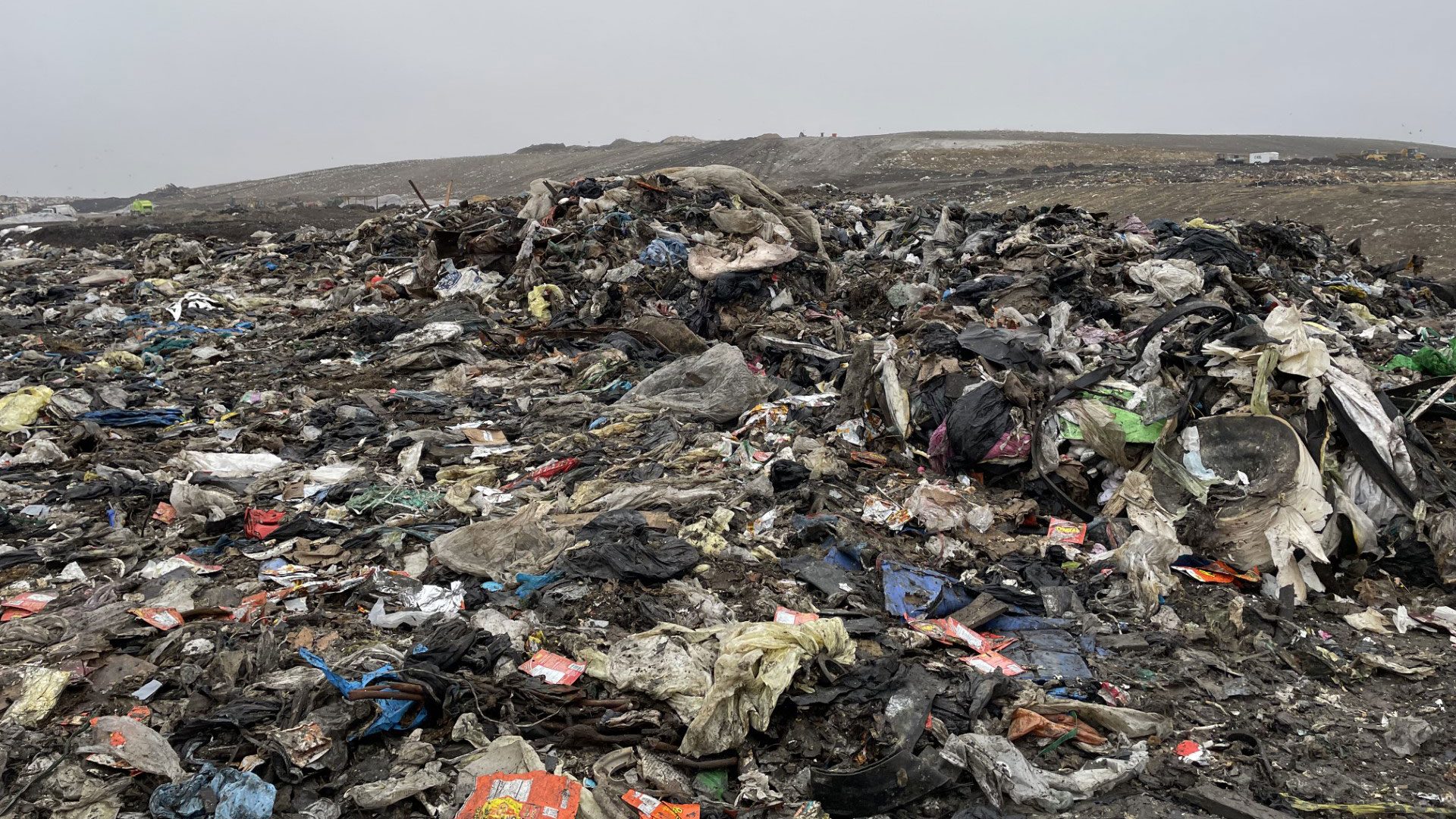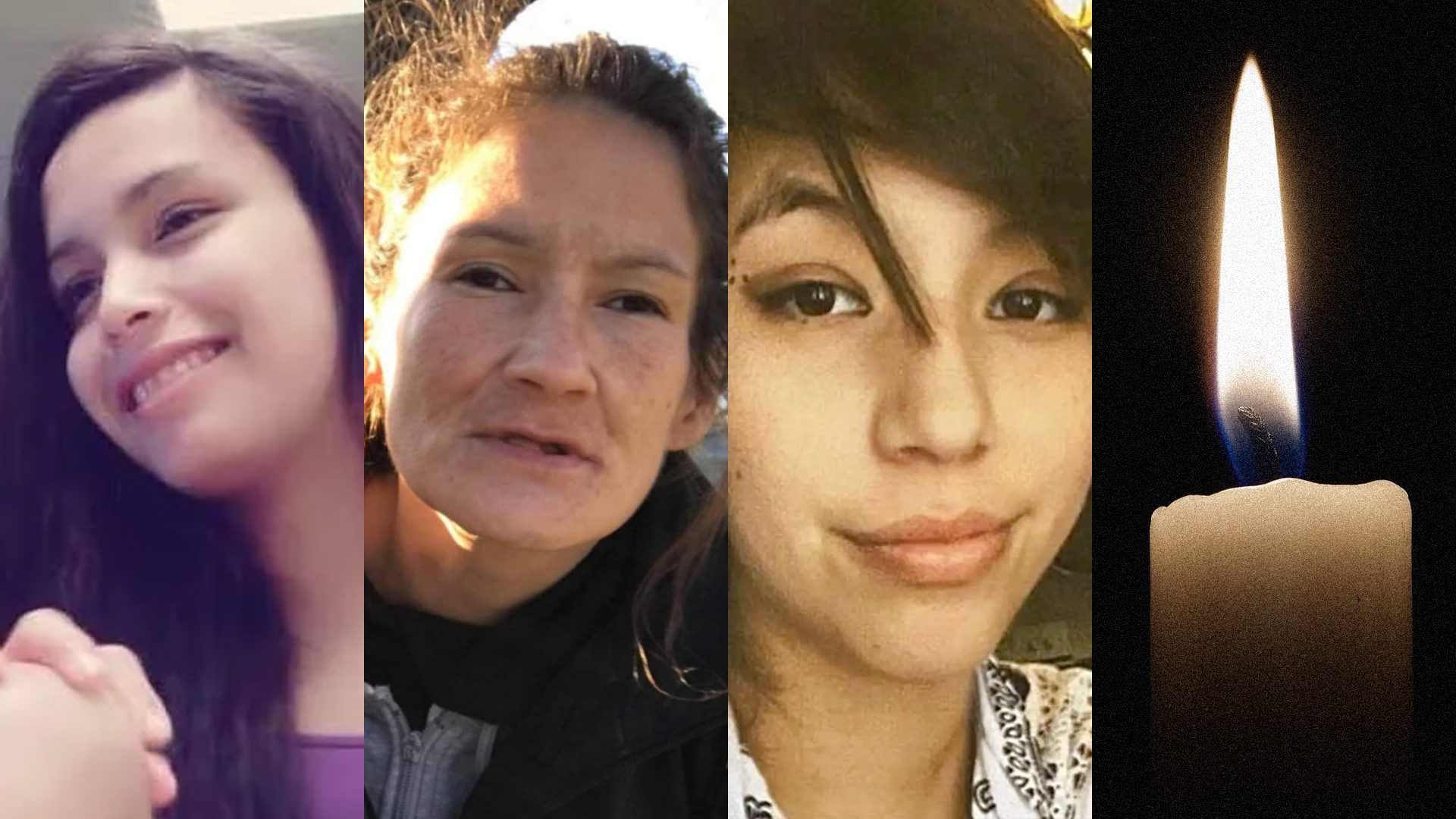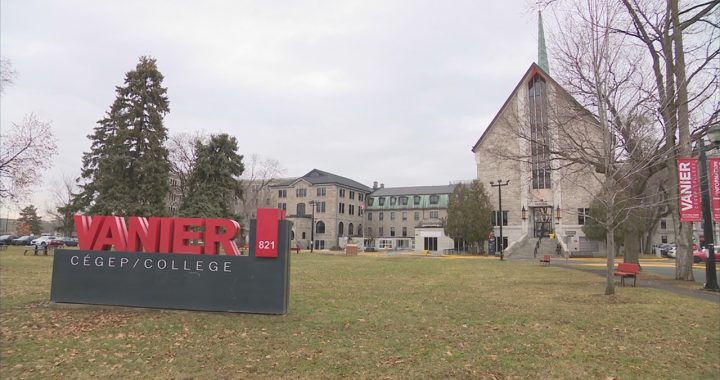WARNING: This story contains distressing details.
The mission to find the remains of Morgan Harris and Marcedes Myran got underway in a Manitoba landfill at 6 a.m. Monday, says Premier Wab Kinew.
The first day of the physical search comes one day and two years after the Winnipeg Police Service informed Harris’s relatives that the Oji-Cree woman from Long Plain First Nation, about an hour west of Winnipeg, was the victim of a serial killer in 2022.
“I hope that this search concludes quickly with the result that the families are looking for …,” Kinew told a news conference after returning from the landfill.
“Their loved ones were taken from them in what are some of the worst crimes we’ve ever seen in the history of our province.”
Jeremy Skibicki was sentenced to life in prison in August after being convicted of the first-degree murders of Harris, 39, Myran, 26, Rebecca Contois, 24, and an unidentified victim given the name Buffalo Woman.

None of the family members were at the news conference. Last week, the Assembly of Manitoba Chiefs (AMC) issued a statement instructing the media not to contact them.
“The families of Morgan Harris, Marcedes Myran, and (Buffalo Woman), along with Search Technicians, the Provincial Oversight Committee, Forensic Anthropologists, and all others involved, are bound by Non-Disclosure Agreements (NDAs) and other legal oaths that prevent them from sharing any information at this stage,” AMC said.
“We kindly ask that media outlets refrain from contacting the families, participants, or officials for interviews or comments. This is a deeply emotional and critical process, and the privacy of all involved must be prioritized. Your understanding and cooperation in respecting these requests will ensure that the work proceeds without unnecessary stress or interference.”
Kinew, joined by search project manager Amna Mackin, said prep work and excavation at the target zone was followed by the removal of the first load of waste.
“This morning, I was there with two family members as we watched that first blue truck of landfill material come down to the search facility,” he said.
“And, it is an intense emotion that you feel standing on that site with those families.”
The activity means Stage 4 of the search process at the private dump owned by Waste Connections of Canada on the northern outskirts of Winnipeg is on schedule, said Mackin.
“This stage is anticipated to continue till spring of 2025,” she told reporters. “And, it includes searching through approximately 20,000 cubic metres of waste.”
The provincial and federal governments each contributed $20 million towards the search after years of pressure from the victims’ families.

Mackin said a long list of contributors helped make it a reality, including the Saskatoon Police Service, which recovered the remains of missing woman Mackenzie Trottier in their city’s landfill on July 30.
“I wanted to be on site when the first load of material was moved,” said Kinew, noting he was outfitted in the same safety gear as the hired searchers. “And when I was there, I wanted to lend a hand, too.”
He said a day earlier he participated in a First Nations pipe ceremony at Prairie Green with the families of both victims, where the province has created a search camp and work site. Kinew is Anishinaabe, a pipe carrier, and Manitoba’s first First Nations premier.
Along with trailers to accommodate ground searchers and technicians, there is the Quonset where the waste is sorted, and a centre for the families to gather.
Kinew said Manitoba is using an approach where skid-steer operators spread the material in the Quonset for technicians, supervised by a forensic anthropologist, to rake through and handle with “glove-covered hands”.

“We found some items which indicate that we are in the right date range and time,” he noted. “We also saw that the consistency and the condition of the material at this level of the landfill is in a situation that we are able to identify items and – potentially – remains as we find them.”
During Stage 3, the province said crews relocated 18,900 cubic metres of material to reach the target zone. There, they plan to sift through 20,300 cubic metres of waste with an estimated date range of May 9-21, 2022.
Skibicki killed his victims – vulnerable First Nations women who frequented homeless shelters in Winnipeg – between March and May 2022. He disposed of their remains in garbage bins and commercial dumpsters that were transported to the city’s Brady Road landfill and Prairie Green.
The province shared photos of milk cartons and other items with best before dates in April and May 2022 located in the search area. It also showed a sales receipt and retail flyer from the same time period.
Kinew said the search team did encounter asbestos, a hazardous material cited by Winnipeg police and the previous provincial Conservative government as reason not to search the landfill, and “safely” moved it to another location.
“While I am professionally obligated to remind everyone that we don’t know what the odds of this situation being successful are – in terms of recovering the remains of Morgan and Marcedes – we can say with confidence that we have a chance for this search to succeed,” the premier continued.
“So, no matter what lies ahead, we can say that we tried and we made the effort for these families.”










